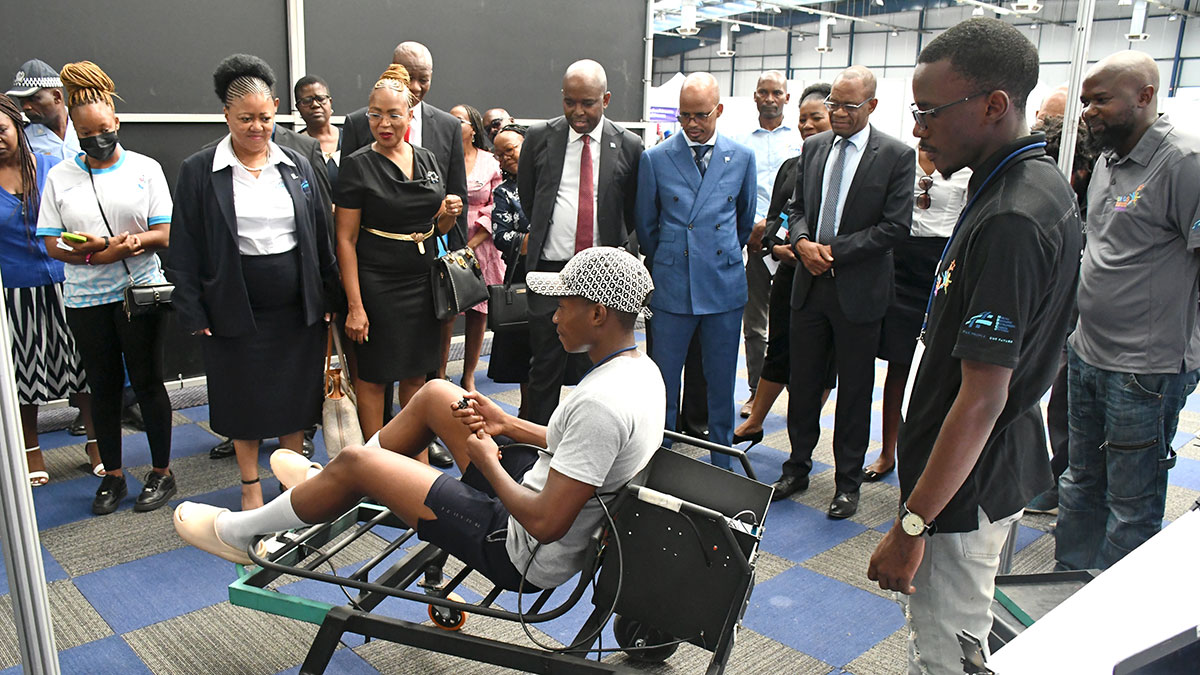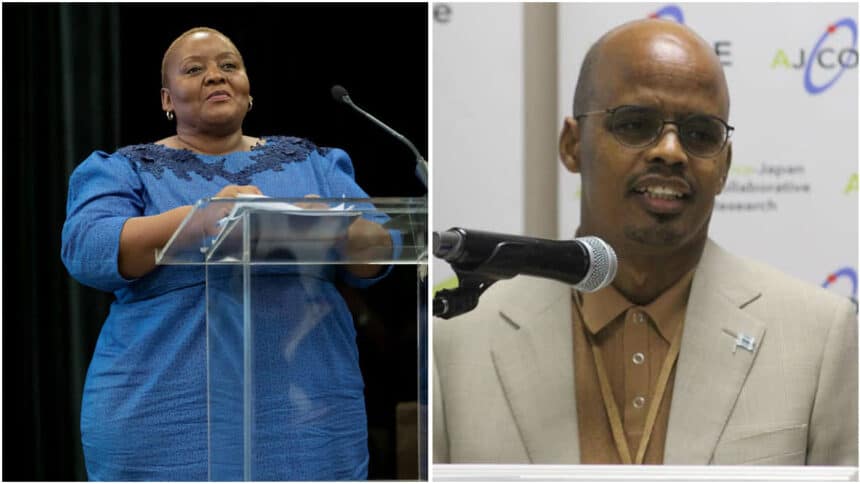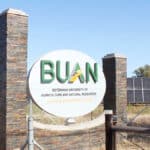Representatives from 17 African nations descended on Maun this week as Botswana played host to the Africa-Japan Collaborative Research (AJ-CORE) Workshop.
Bringing the event to BW is seen as a sign of the country’s determination to evolve into a knowledge-based economy by 2036, with innovation and research at the heart of this dream.
Speaking at the opening of the three-day workshop at Maun Lodge on Tuesday, Batawana Deputy Paramount Chief, Kgosi Kealetile Moremi noted the tourist town was the ideal location to host such a gathering, which centres around Environmental Sustainability.
“We are among the best tourism destinations in Botswana. However, to show relevance to this workshop, the District is rich in cultural heritage, indigenous knowledge and unique ecological species amongst others, therefore a good place to undertake research,” he declared proudly.
“When we talk of research bear in mind that here in North West we are blessed in that regard. We are the home to one of the best Centres of research excellence that this country has ever had, the Okavango Research Institute (ORI),” Moremi told his multi-national audience.
ORI undertakes research in different areas including: climate change adaptation, mitigation, environment, conservation and sustainability among others.
Kgosi Moremi believes that as Botswana government endeavors to diversify the country’s economy, through research it can exploit the rich uniqueness of the North West District.
“Already we see efforts of our people who strive to use indigenous knowledge to develop products and services to better their lives. A notable example is the traditional cuisine from fish, Tswii and others which our people continue to strive to perfect and contribute to sustainable food security, hence the need for extensive research,” he said.
Officially opening the workshop, Permanent Secretary in the Ministry of Communications, Knowledge and Technology, Pontsho Pusoetsile noted this was a milestone moment for all involved.
“Bringing Japan and the African continent to conduct research together is a big step in the direction of resolving local and global issues through joint research,” predicted the PS.

Among the many challenges facing the world and African continent today, Pusoetsile listed hunger and malnutrition, health pandemics, poor sanitation, climate change, global warming and environmental degradation as the most pressing.
“Global indicators show that Africa still has a long way to go,” he warned.
The Africa-Japan Collaboration Research Programme is a collective platform between African countries and Japan aimed at leveraging research and innovation to address common challenges.
Pusoetsile believes the partnership will provide inclusive socio-economic growth and ultimately improve citizens’ quality of life.
“By pooling their expertise Japan and Africa can tackle common global challenges such as climate change, public health issues, and food security more effectively hence addressing global challenges,” he said.
Meanwhile, Director of International Research Grants from South Africa’s National Research Foundation (NFR), Dr Prudence Makhura, explained that Africa-AJ-CORE is a partnership between NFR and the Japan Science and Technology Agency (JST) which aims to support joint research and innovation in designated fields of science between researchers from Japan, South Africa and the 17 African countries whose ministries and granting councils are a participating member in the Science Granting Councils initiative (SGCI).
Participating countries in Southern Africa include: Botswana, South Africa, Malawi, Mozambique, Namibia, Zambia and Zimbabwe.
The SGCI, which was launched in 2015, also features: Ethiopia, Kenya, Rwanda, Tanzania, Uganda, Burkina Faso, Cote D’voire, Ghana, Nigeria, Senegal and Sierra Leone.












